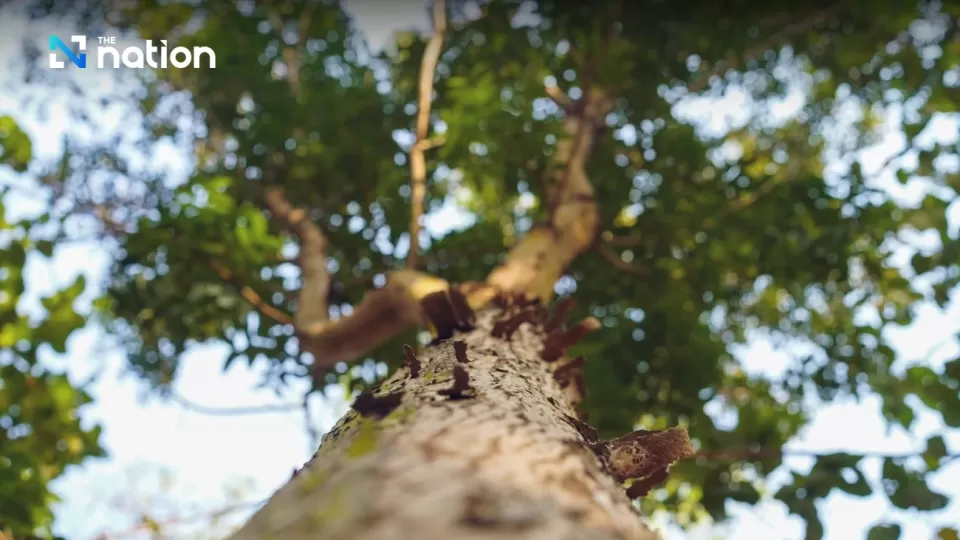February 9, 2024
BANGKOK – The purchase was made by the Bank of Agriculture and Agricultural Cooperatives (BAAC) on Wednesday.
The purchase at 3,000 baht per tonne of carbon dioxide was made under the BAAC Carbon Credit project, aiming to encourage people to grow trees to generate income from selling carbon credit.
The project benefits business operators who want to purchase carbon credit to offset the carbon footprint of their operation, while enabling Thailand to mitigate the impact of climate change triggered by greenhouse gas emission.
It is also in line with Thailand Voluntary Emission Reduction Programme (T-VER), which aims to encourage all sectors in the country to conduct activities for greenhouse gas reduction, such as using renewable energy, transport management, tree planting and reforestation.
To further reduce carbon-dioxide emission, which is a part of greenhouse gas, the bank aims to expand the project to cover its 6,814 tree bank communities, promote cultivation of 108,000 trees annually and generate 510,000 tons of carbon dioxide for trading within five years.
“Apart from generating income for tree growers, the project also encourages them to expand their green areas to store more carbon dioxide, mitigate the impact of climate change, and enable Thailand to achieve its carbon neutrality goal,” said the bank president, Chatchai Sirilai.
Locals’ response
The calculation of carbon credit is usually based on many factors, such as the height of the tree and the circumference of the trunk. However, the calculation under the BAAC Carbon Credit project is simple with one tree generating carbon credit of 9.5 kilograms of carbon dioxide annually.
Ban Thalee tree bank community can calculate their carbon credit before submitting the data to Thailand Greenhouse Gas Management Organisation and relevant agencies for evaluation.
“As the evaluation cost is as high as 100,000 baht per 1-1,000 rai of plot, it depends on the community’s preference, such as every three years or when arrangement of trees is made,” community president Thanapisit Jaikwang said.
He said all tree species can be grown for carbon credit, but Ban Thalee tree bank community prefers growing economic trees with lifespan longer than fruit trees, namely Yang Na, Pradu and Sadao.
Despite the cost of procuring trees and the long carbon credit evaluation process, a 64-year-old resident, Phimonchai Thabutr, said the project had helped improve the quality of life as he can take part in environmental preservation, while generating income from selling wood and carbon credit.


